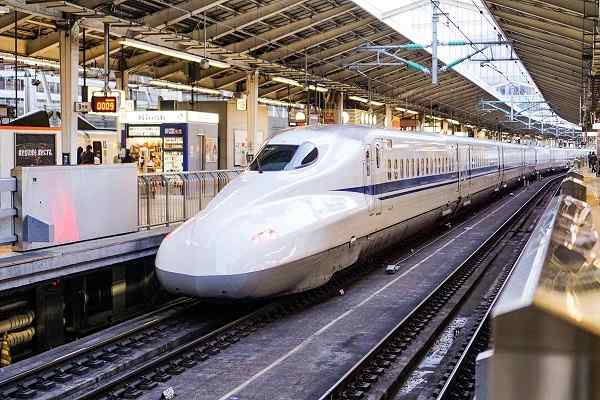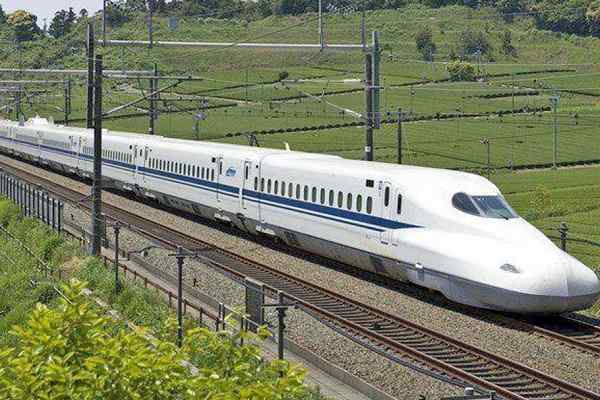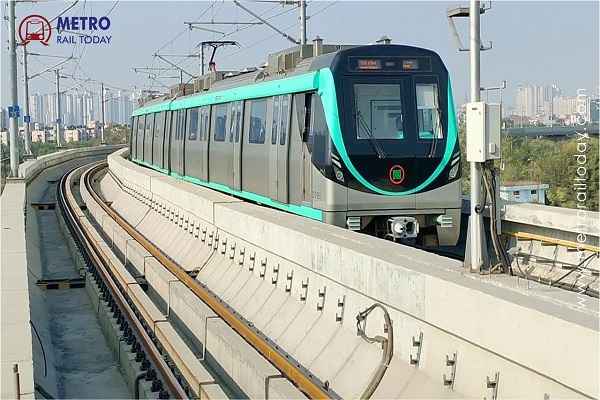 Ayesa India wins Design Consultancy Contract for Noida Metro Aqua Line Extension
Ayesa India wins Design Consultancy Contract for Noida Metro Aqua Line Extension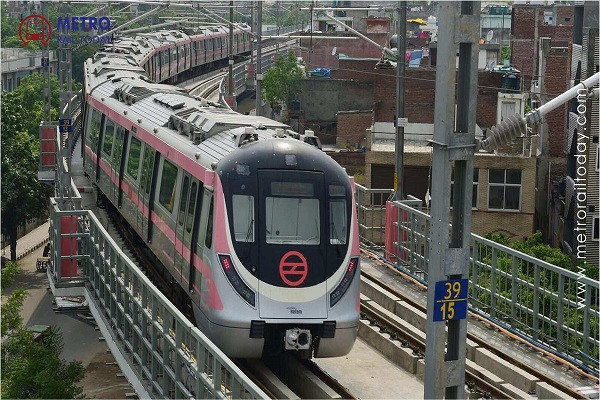 Vossloh Cogifer bags Track Infrastructure Contract for Delhi Metro Phase 4 Corridors
Vossloh Cogifer bags Track Infrastructure Contract for Delhi Metro Phase 4 Corridors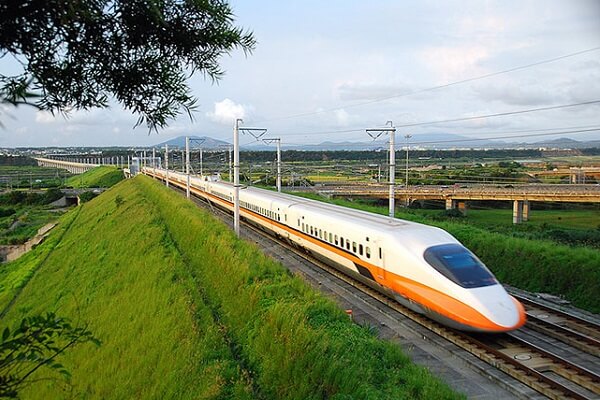 Railway finalised revised alignment for ₹16,000-crore Pune–Nashik Semi High-Speed Rail Corridor
Railway finalised revised alignment for ₹16,000-crore Pune–Nashik Semi High-Speed Rail Corridor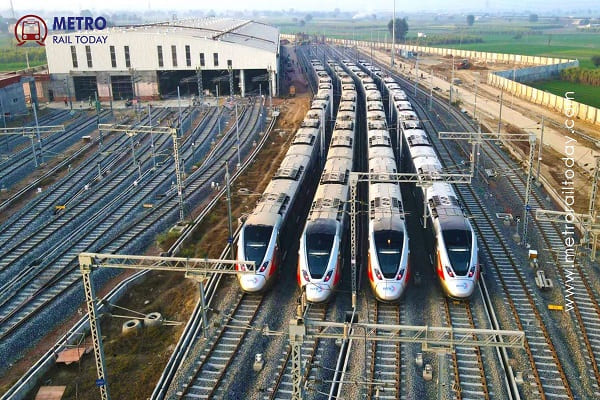 India’s First High-Speed, Signalling-Integrated CMV launched for Namo Bharat RRTS Corridor
India’s First High-Speed, Signalling-Integrated CMV launched for Namo Bharat RRTS Corridor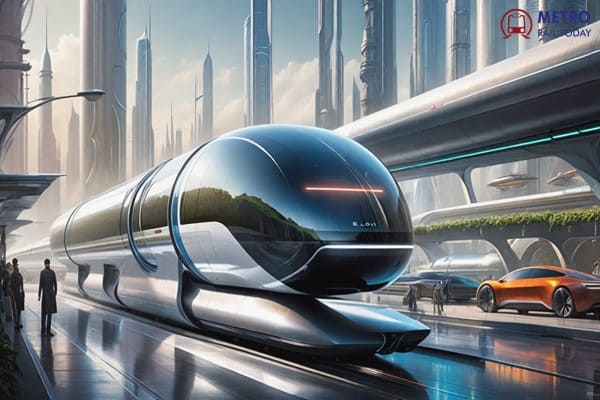 TuTr Hyperloop secures First-Ever Order from Deendayal Port Authority
TuTr Hyperloop secures First-Ever Order from Deendayal Port Authority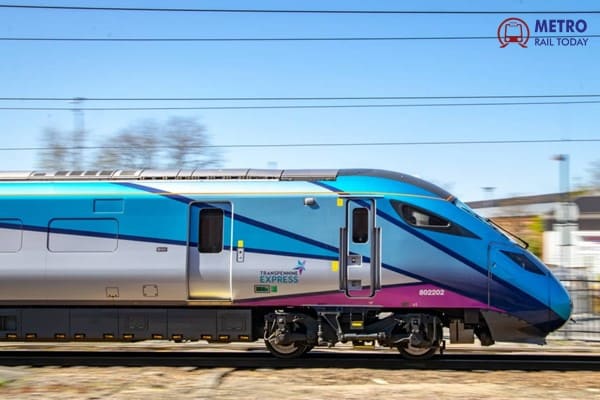 BEML bags ₹157 Crore Order from Loram Rail for Switch Rail Grinding Machines
BEML bags ₹157 Crore Order from Loram Rail for Switch Rail Grinding Machines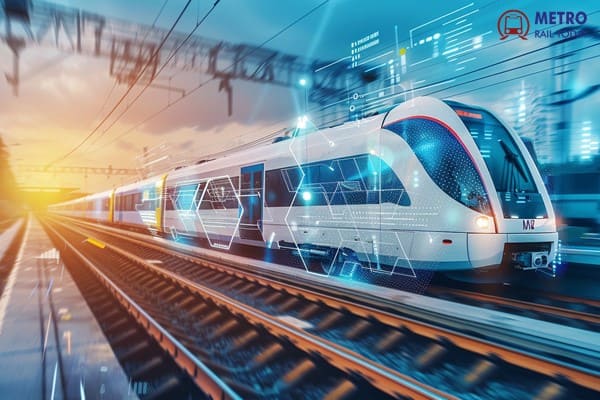 MxV Rail and KRRI forge Global Research Alliance to accelerate Next-Generation Rail Technologies
MxV Rail and KRRI forge Global Research Alliance to accelerate Next-Generation Rail Technologies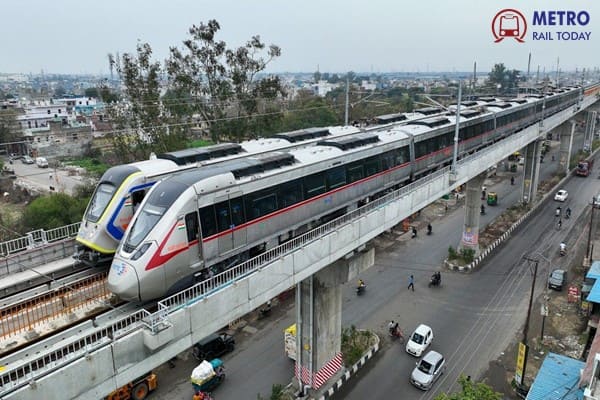 Uttarakhand seeks Pre-Feasibility Study for Meerut-Haridwar-Rishikesh RRTS Corridor
Uttarakhand seeks Pre-Feasibility Study for Meerut-Haridwar-Rishikesh RRTS Corridor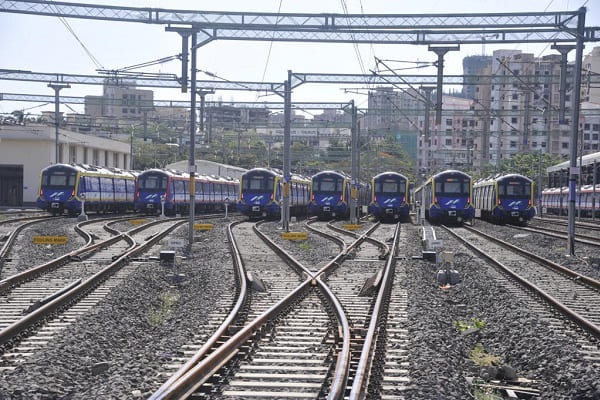 RIFTEK achieves major milestones in partnership with Indian Metro Rail Systems
RIFTEK achieves major milestones in partnership with Indian Metro Rail Systems Egypt all set to launch Alexandria Metro Phase 1 by 2026
Egypt all set to launch Alexandria Metro Phase 1 by 2026
India’s First Bullet Train to begin Operations by August 2027: Railway Minister Ashwini Vaishnaw

New Delhi, India (Metro Rail Today): India’s dream of running its first bullet train is set to become reality soon. Railway Minister Ashwini Vaishnaw has announced that the Mumbai–Ahmedabad High-Speed Rail (MAHSR) corridor, India’s first bullet train project, will commence operations between Surat and Bilimora by August 2027.
The 508-kilometre-long corridor—spanning Maharashtra, Gujarat, and the Union Territory of Dadra & Nagar Haveli—is being implemented by the National High Speed Rail Corporation Limited (NHSRCL) with technical and financial assistance from the Government of Japan.
“The work on the bullet train project is progressing rapidly. The first train will run in August 2027, marking a historic milestone for India’s high-speed rail ambitions,” the Minister said.
Project Overview: Building India’s High-Speed Future
The Mumbai–Ahmedabad High-Speed Rail Project, often referred to as India’s Bullet Train, is designed to revolutionize passenger travel by offering world-class, high-speed connectivity between two major economic hubs—Mumbai and Ahmedabad.
-
Total Length: 508 km
-
Maximum Speed: 320 km/h
-
Operational Speed: 320 km/h
-
Stations: 12 (Mumbai, Thane, Virar, Boisar, Vapi, Bilimora, Surat, Bharuch, Vadodara, Anand, Ahmedabad, Sabarmati)
-
Estimated Cost: ₹1.08 lakh crore
The project is jointly funded by Japan and India, with Japan International Cooperation Agency (JICA) financing 81% of the cost (₹88,000 crore) through a soft loan. The remaining 19% (₹20,000 crore) is being shared by the Ministry of Railways (50%) and the state governments of Maharashtra and Gujarat (25% each).
As of June 30, 2025, the cumulative expenditure stood at ₹78,839 crore, reflecting steady construction progress.
Phased Timeline of India’s Bullet Train Project
| Year | Milestone |
|---|---|
| February 2016 | NHSRCL incorporated to implement the project. |
| 2017 | Aerial LiDAR ground survey completed; project specifications finalized. |
| September 2017 | Foundation stone laid; construction begins. |
| September 2025 | 323 km of viaducts and 399 km of pier work completed. |
| August 2027 | Surat–Bilimora section to begin operations. |
| August 2028 | Thane–Ahmedabad stretch to be commissioned. |
| August 2029 | Full Mumbai–Ahmedabad corridor to be operational. |
Engineering Progress and Milestones
According to NHSRCL, civil construction is progressing at record pace, with over 60% of viaduct and pier works completed and major bridge structures underway. The project features India’s first undersea rail tunnel, spanning 21 km between Mumbai and Thane, including a 7-km subsea stretch under the Thane Creek.
Once operational, the bullet train will reduce travel time between Mumbai and Ahmedabad from over 6 hours to just about 2 hours.
Economic and Technological Significance
The project represents one of the most advanced Make in India collaborations with Japan, introducing cutting-edge Shinkansen technology to India’s railway sector. Beyond passenger comfort, the project is expected to:
- Create over 90,000 direct and indirect jobs
- Boost local manufacturing under the Atmanirbhar Bharat initiative
- Reduce carbon emissions through electric, high-speed transport
- Stimulate economic growth along the corridor through transit-oriented development
Future Expansion Plans
The Mumbai–Ahmedabad High-Speed Rail corridor is only the beginning. The government plans to extend India’s high-speed rail network through proposed corridors such as Delhi–Varanasi, Delhi–Ahmedabad, and Chennai–Mysuru, creating an integrated national bullet train grid by the mid-2030s.
“India is moving from conventional rail to next-generation mobility. The Bullet Train will redefine how India travels, setting the tone for future high-speed rail corridors under the Viksit Bharat 2047 vision,” Vaishnaw said.
With the first section set to debut by August 2027, the Mumbai–Ahmedabad Bullet Train project is transforming from vision to reality. The nation’s entry into the high-speed rail era will mark a monumental leap in technology, infrastructure, and sustainable transportation—ushering in a new age of modern rail travel in India.





